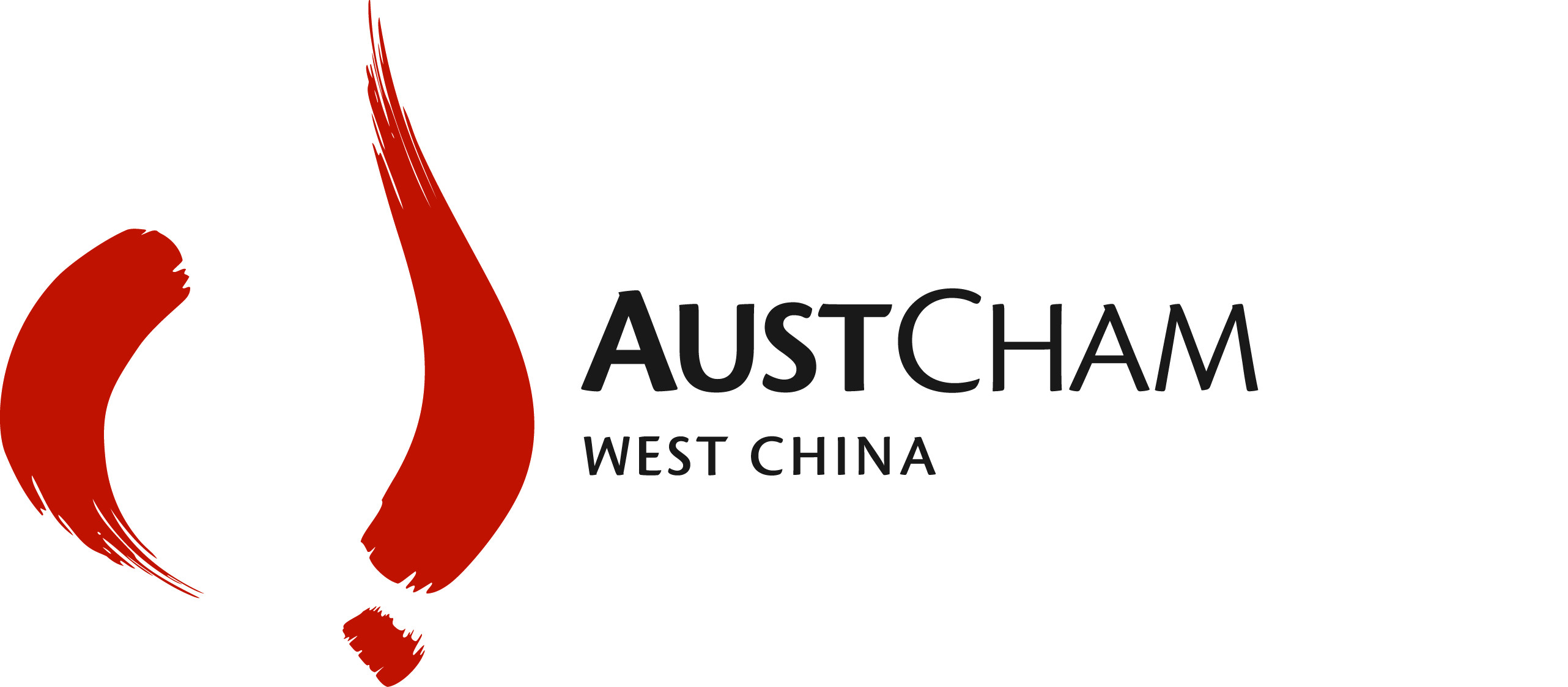In today’s Talking Points: Bank of China raises $3 billion this week as part of 300 billion yuan multi-currency green bond issuance program; Chinese government advisory groups release report advising that emissions-cutting policies do not burden the economy; coal and steel capacity measures beget marked effects both on production rates and price indices; China National Petroleum Corp appoints new General Manager.
BOC raises $3bn as part of China’s green bond program
This week, Bank of China raised $3.03 billion through a multi-currency green bond issuance to provide financing to solar energy projects throughout the world. Net proceeds of the issuance – the world’s biggest such issuance ever and the first to be in three different currencies (USD, euro, RMB) – will also be used to finance wind and biomass projects, pollution prevention, clean transportation, and wastewater treatment facilities. Demand for the two-year, three-year and five-year bonds were particularly high. Launched last year, China’s green bond program is projected to issue 300 billion yuan of green bonds by the end of 2016.
Read more at PV Magazine
Report concludes environmentally-friendly policies could be implemented at no extra cost to the Chinese economy
Two Chinese government advisory groups, the National Centre for Climate Strategy and the Energy Research Institute, have released a report advising climate change policy based on Energy Innovation’s Energy Policy Simulator. Using official Chinese government data, the combined effects of 35 climate, energy, and environmental policies were evaluated across more than 10,000 scenarios.
The report concludes that cutting carbon emissions could be done for the same price that the country is currently spending without implementing these policies. The report also concludes that the most impactful policies on reducing emissions in China are carbon pricing, increasing electricity capacity targets/renewable energy standards, stronger building codes, reducing industrial product demand, and reducing venting of F-gases.
Read more at Forbes
China capacity measures having an effect on production and price index
Government capacity reduction measures are taking effect said a Chinese official on Thursday. Large coal mining companies’ production fell by 8.4 percent year on year in the first five months of 2016 and crude steel production dropped by 1.4 percent, said Zhao Chenxin, spokesperson for the National Development and Reform Commission at a news briefing. The composite steel price index increased by 11 points in the first half of 2016 to 67.83 points in July. During this time, a popular coal product rose by 30 yuan to 400 yuan per ton, Zhao said.
China’s producer price index has remained in the negative for the last 52 months, as overcapacity and China’s economic slowdown has weighed on industrial product prices. Whilst modest improvements can be seen in the last six months, Zhao admitted that recovering prices will add pressure to capacity reduction, as some closed steel and coal enterprises will want to resume production.
Read more at China Daily
China National Petroleum Corp appoints new General Manager
Zhang Jianhua has been named general manager of China National Petroleum Corp (CNPC). The State-owned Assets Supervision and Administration Commission and the Organization Department of the Communist Party appointed 51- year- old Zhang at a company meeting, the company said on a statement on its website. Zhang was also appointed the deputy party secretary of the company and a board member, according to the statement. Previously Zhang was the vice president of China Petroleum & Chemical Corp (Sinopec), a state owned petroleum conglomerate. The position of general manager had been left vacant for 16 months after CNPC’s former general manager Liao Yongyuan stepped down amid an anti-graft inquiry. The oil industry has witnessed a large reshuffle of top executives as several high-ranking officials from CNPC and Sinopec have been subject to anti-corruption investigations since the summer of 2013.
Read more at Caixin News

